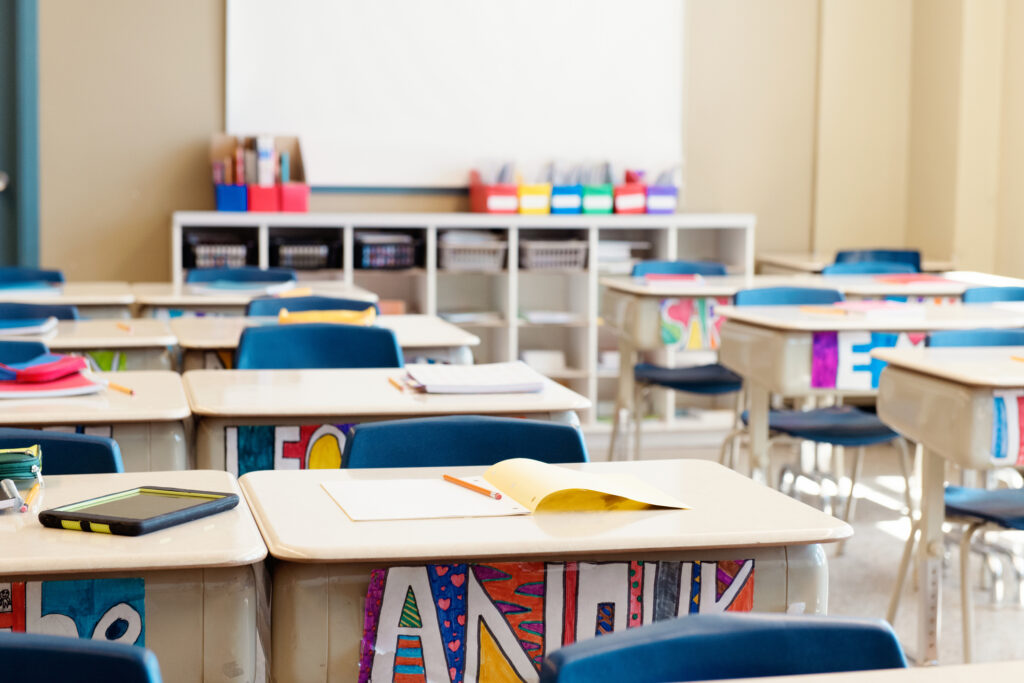The new OfS condition on harassment and sexual misconduct – What HEIs need to do
In July 2024, the OfS revealed the full detail of its new ongoing condition of registration E6, brought in to better protect students on higher education courses from harassment and sexual misconduct.
Survey results published by the OfS alongside the new condition set out the low levels of reporting of harassment and sexual misconduct and the prevalence of unwanted conduct or behaviour involving someone connected with the provider, the perpetrator commonly being another student.
The condition
Harassment is defined by the OfS using both the Equality Act 2010 (section 26) and the Protection from Harassment Act 1997 (section 7), meaning harassment suffered by all students is within scope, rather than only by reference to a protected characteristic under the 2010 Act. Sexual misconduct is given a stand-alone definition of “any unwanted or attempted unwanted conduct of a sexual nature, including but not limited to sexual harassment, sexual assault and rape”.
Condition E6 will (mainly) come into force from 1 August 2025 and, to summarise, places the following requirements on providers:
- Information provision: A main component of the condition is a requirement for a provider to publish information on how it prevents and tackles incidents of harassment and misconduct and ensures that staff and students understand its policies. Policies and procedures on harassment, sexual misconduct and intimate relationships between staff and students should be maintained in a single comprehensive source, such as a single document or webpage. These policies, including any historical versions, should be published in a prominent and easily accessible position on the provider’s website. The definitions in the condition set out the minimum content requirements, and the OfS has published a non-exhaustive list of recommended practices, including mandatory training for students and potential witnesses of harassment and sexual misconduct, for the provider to show it has complied with the requirements.
- Intimate relationships between relevant staff and students: in the single comprehensive source referred to above, the provider must set out one or more steps which could make a significant and credible difference in protecting students in respect of intimate personal relationships with staff. In the opinion of the OfS an outright ban on these relationships would constitute such a step, whereas policies simply disapproving or discouraging such relationships alone would not be deemed as making a significant and credible difference. However, the OfS has stopped short of actually requiring the ban as originally proposed in its consultation on the condition. The provider will need to consider the prevalence of harassment/sexual misconduct in its institution to determine how extensive the steps will need to be to make a significant and credible difference.
- Capacity and resource: the provider must ensure it has sufficiently experienced staff to support students and address allegations of harassment and sexual misconduct, as well as the financial and investigatory resource to facilitate compliance with the condition.
- Freedom of speech: the provider must not forget about its freedom of speech obligations – significant weight must be placed on the importance of free speech within the law. All of this is slightly up in the air given the new government’s recent pause of the Higher Education (Freedom of Speech) Act 2023, but the OfS is working on the presumption that this act will still come into force.
- NDAs: provisions which prevent or restrict students from disclosing information about an allegation of harassment or sexual misconduct are prohibited. It is important to note that this restriction came into force from 1 September 2024.
What should providers be doing?
Providers should conduct a thorough and comprehensive review of their current policies, procedures and practices on harassment, misconduct and staff-student intimate relationships. Resource will need to be allocated and expended to ensure compliance with the condition’s minimum content requirements, ensuring practices make a significant and credible difference to protecting students and reducing the likelihood of harassment and sexual misconduct occurring.
Consideration will need to be given as to how to train staff and students to ensure they understand the institution’s policies and behaviours that may constitute harassment or sexual misconduct.
Investigatory processes will need to be reviewed to ensure they are credible and fair. Reporting mechanisms should also be reviewed to ensure there are many options for students to make reports, any barriers which might deter a student from making a report are removed, the routes to reporting are easily accessible, and more generally that students and witnesses are encouraged to come forward, for example, by emphasising the availability of student support services and making clear that students will not be subject to detriment for reporting concerns.
The condition has broad application to any higher education course provided ‘by or on behalf of a provider’. This will encompass franchised delivery, international partnership agreements, and arrangements where providers only act as the awarding body for a course. Subcontracts and monitoring mechanisms will therefore need to be checked and be sufficiently robust to ensure that all those delivering and involved in a provider’s course understand the importance of preventing harassment and sexual misconduct, encourage reporting and also properly address such reports and support students.
Appropriate records of any reports and responses to misconduct and harassment should be kept by the provider, along with its decisions about the steps it will take to better protect students.
The OfS Condition E6 on Harassment and Sexual Misconduct and the accompanying guidance can be found here:
Annex A: Condition E6: Harassment and sexual misconduct (officeforstudents.org.uk)
Our latest education content
The updated CMA guidance for higher education – what’s changed?
How Should Institutions Respond to the new OfS Guidance on Freedom of Speech?
Cardiff University secures landmark injunction to protect campus from unlawful encampments
See more articles >
Cardiff University secures landmark injunction to protect campus from unlawful encampments
Shakespeare Martineau Appoints Director of Higher Education
How Should Institutions Mitigate Legal and Regulatory Risk Following the OfS’s Sussex Decision?
See more articles >







